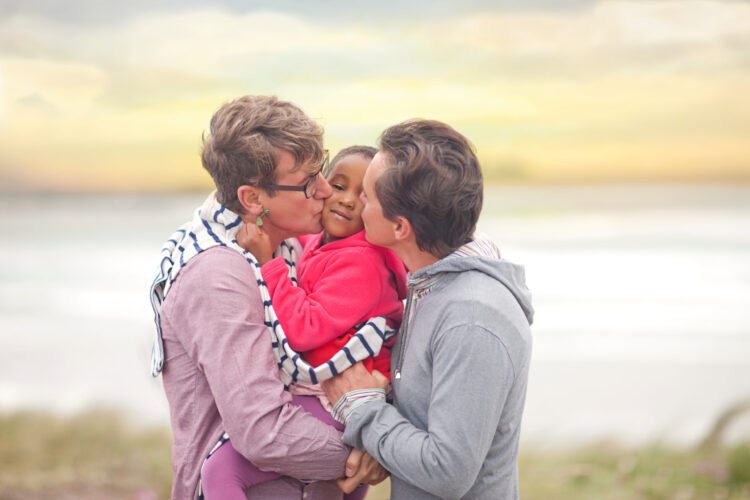November is National Adoption Month. Popular culture would have you believe that adoptees are either pitiful orphans or murderous fiends, with little room in between. In reality, people who have been adopted, whether domestically or internationally, are generally very similar to everyone else. At Carolina Dunes Behavioral Health, in Leland, North Carolina, we want to clarify some misunderstandings people have about adoptee mental health.
Issues Likely to Impact Adoptees
A person’s adoption story and how it makes them feel about themselves, their family of origin, and their adoptive family has a huge impact on their long-term mental health. The older a child was at the time of adoption and the more stressors they experienced before adoption (prenatal drug exposure, birth mother being stressed during pregnancy, nutritional deficiencies, neglect, abuse, being separated from loved ones, etc.), the more likely they are to have difficulty adjusting. Some of the issues an adopted person might experience include:
- Grief and loss – Adoptees can feel grief and loss when wondering why they were not able to live with their birth parents, feeling as though they were not loved, and questioning if their adopted parents love them as much as they do/would love biological children.
- Trouble building and maintaining relationships – Foster children who are adopted may have moved between a lot of placements and had to leave behind their birth family, school friends, church, community, and more. It may feel easier to stop attaching to people than to risk having to say goodbye to important people again. They may also struggle to develop the skills to maintain long-term relationships. Adoptees often experience higher rates of failed intimate relationships.
- Difficulty around their identity – When you don’t know where you come from, it can feel like a piece of who you are is unknown. Adopted children may feel awkward about celebrating the heritage of their adopted family when they don’t know the origins of their biological family.
- Frustration over lack of genetic information – When adoptees are asked about family medical history or even simple things like where they got their eyes or hair, not being able to answer can be upsetting.
Mental Health Conditions Adoptees Face
Some of the experiences listed above can be traumatic, and trauma is a known trigger for mental illnesses. If adoptees were unable to remain with their birth parents due to mental health or substance use, the children may also be genetically predisposed to those same issues. Some of the mental health concerns adoptees are more likely to experience include:
- Depression
- Anxiety, including panic disorder, agoraphobia, and specific phobias
- Post-traumatic stress disorder (PTSD)
- Some personality disorders
- Some behavioral disorders
Similarities Between Adoptees and Non-Adoptees
Research reported by the American Psychological Association reports that while adoptees were more likely than the general population to use outpatient mental health services, they were not found to be more likely to need inpatient psychiatric care. In general, adoptees express similar life satisfaction as non-adoptees.
Also, when adoptees did experience difficulties, the breakdown of which issues they experienced fell along the same gender lines as with the general population. Women were more likely to experience internalized issues like depression, and men were more likely to have external issues like substance use disorders and delinquent behavior.
Protective Factors
Not all adoptees struggle with mental health or substance use disorders. Often, with the right support and protective factors, people who have been adopted go on to lead good lives. Some of the things that can make this more likely include:
- Having biological or adoptive siblings in the home
- Being parented by adults who are well-supported, knowledgeable about childhood mental illness and trauma, and organized, and who encourage expression and provide opportunities for recreation and intellectual stimulation
- Open, positive conversations about adoption within the home
- A strong attachment to the adoptive parents
- Access to mental health providers who are trauma-informed, adoption-competent, and who understand attachment
- Attending a trauma-informed school where staff know how to work with children from difficult backgrounds
- Appropriate medication that treats mental health concerns but does not result in overmedication
At Carolina Dunes Behavioral Health, we recognize that a painful past can make it more challenging for a person to navigate aspects of their life, sometimes even long after they have been adopted. We provide whole-person treatment that is tailored to the unique needs of each patient and family we serve.






